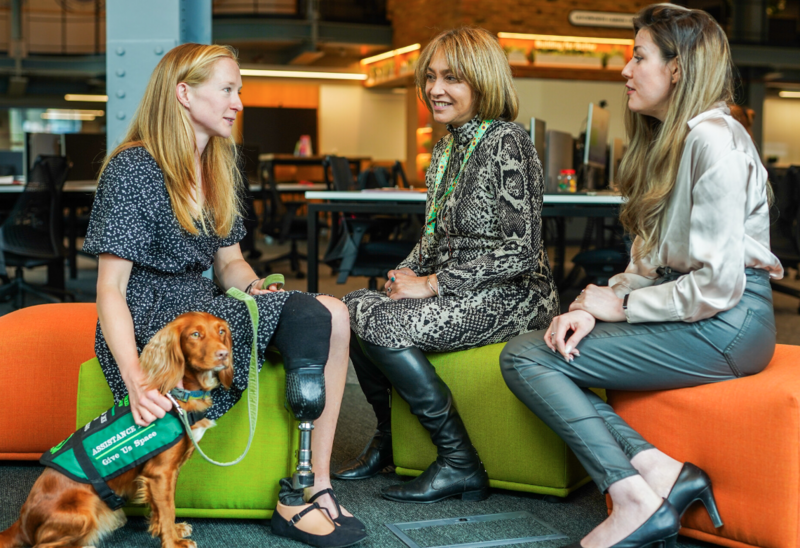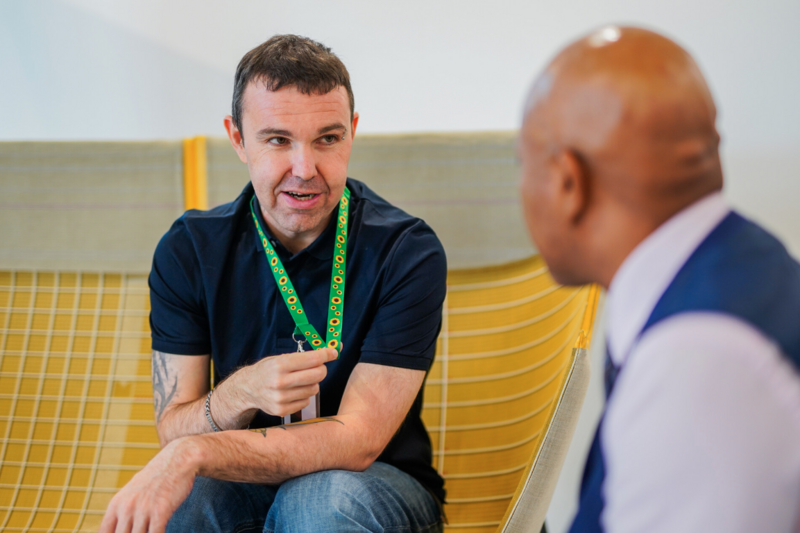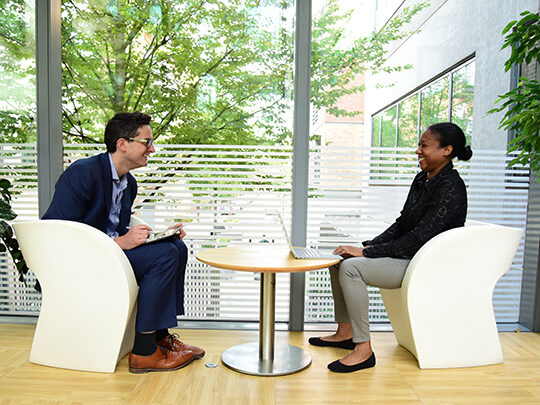We use various methods like application forms, CVs, online tests, and interviews to find the right person for the job.
Your experience and strengths will be assessed fairly and openly.
We also offer employment opportunities to people facing significant barriers to gaining meaningful employment, through our supported schemes:

Applying for a job
Finding the right job
Find your ideal job on Civil Service Jobs. Each job description includes the skills and experience you need, and whether you’re eligible to apply. Contact details are provided, in case you have any questions about the job.
Making your application
We consider a number of different factors when assessing your suitability for a role. We call these factors ‘Success Profiles’ and encourage you to read more about them.
Please carefully review the requirements in the job advert. Take time to describe how your skills and experience match those requirements.
For some roles, we might ask for a CV and/or personal statement as well as your application form.
Give yourself plenty of time to complete your application form. We want to know what makes you an excellent fit for the role.
Sifting and shortlisting
We’ll assess your application against the requirements in the job advert.
At this stage, we may ask you to take an online test. This will help us evaluate your abilities in certain situations.
Applications that best meet the job requirements will continue to the next step in the process.
Assessment and outcome
We’ll let you know what to expect at this stage as it can be different for each job.
Some roles only require an interview, a presentation, an online test or an assessment centre but for others, you might need to complete all of these elements.
After your assessments are finished, we’ll be in touch to let you know the outcome.
We encourage you to ask for feedback, regardless of the outcome, as this can really help you in the future.
Understanding Success Profiles
The Civil Service recruits using Success Profiles. This means that for each role we advertise, we consider what you’ll need to demonstrate to be successful.
Our Success Profile is made up of five elements:
Behaviours
The actions and activities people do which result in effective performance in a job.
Strengths
The things we do regularly, do well and that motivate us.
Ability
The aptitude or potential to perform to the standards needed.
Experience
The knowledge or mastery of an activity or subject gained through involvement in or exposure to it.
Technical
The demonstration of specific professional skills, knowledge or qualifications.

“As a civil servant from a working-class background, I felt proud to set up the Cross-Government Social Mobility Network and am fortunate to work for an organisation that supports and encourages people from all backgrounds to succeed, recognising that this is critical to our organisation’s success.”
Charlotte Dring
Project Lead
A great place to work
At the core of our values are three key things:
- being fair and inclusive
- respectful and confident
- and open and engaged
This means that we celebrate differences and create an environment where everyone can realise their potential.


Reasonable adjustments
We are committed to supporting disabled job applicants by making reasonable adjustments. These can include extra time for tests, sign-language interpreters, and ensuring information is in accessible formats.

Can I apply?
There are some restrictions on who can work in the Civil Service. Read about the security vetting and nationality rules to check if you’re eligible.

How to succeed
Find more advice to support you in the pages below:
We are looking for people who believe in our role and purpose, can think creatively and who can build trusted relationships.
Could that be you?
